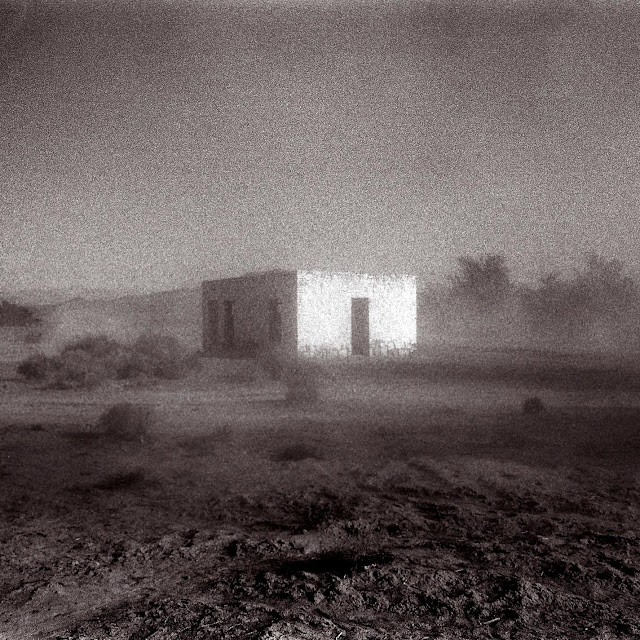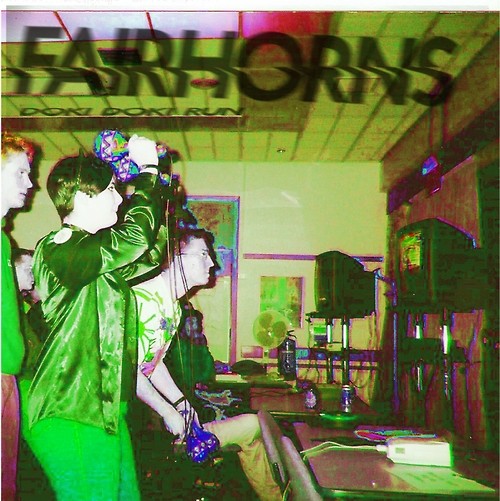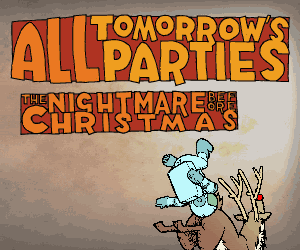
Once upon a time there were inspirational minstrels from Melbourne – one with half a bear of a beard dangling from his chin – who ignited every ear their melancholia touched. Then one day things got more melancholic still, as the trio began to question whether they'd "said about as much" as they could. Like many wed beings who stick together for the kids, they clung together to feed off this inexplicably exceptional energy that sparked into radiance every time they stalked a stage and it was this unique force that eventually drove them to hang on in there. Thus as they clutched at their very existence as though dangling precariously from some shabby precipice, Toward the Low Sun fell to earth.
Commencing with the agitated cacophony of clanging drums and a rampantly grisly riff this sense that Messrs Ellis, Turner and White once drifted close to extinction is elucidated in sheer and undiluted recklessness on opener Furnace Skies. Then, after approximately 150 seconds, the inimitable warble of a dusty old organ wrestles Ellis' haywire horsehair rasps into submission, before the track eventually recedes in cataclysmic exhaustion. The calm after billowing storm, the positivity salvaged from horrendous wreckage is the gentle piano refrain that harnesses the still-shocked rhythmic clatter to propel Sometimes I Forget You've Gone, clamour that suggests an irreconciliable dolour.
A sense of serenity and with it parity only arrives with the creaking roll of Moon On The Land, five-odd minutes that expose the almost improvisational nature of the record. For Ellis previously stated that upon entering the studio "very little" was premeditated nor in any way predetermined in order that they "make it more challenging again, take more risks, and really open it right up." And ready to tear your heart right open is the splurging emotivity of Rising Below, its seesawing strings extremely doleful to the point of languishing out in extremis yet haunted by an underlying hopefulness as the warmth of feeling begins to really simmer. That Was Was returns to staggering distortion-slung dementia whilst it takes the shivering flutter of Ashen Snow to prompt the realisation that although suffused with the masqueraded vocal lines that emanate freely from Ellis' despondent violin, Toward the Low Sun remains a strictly instrumental opus. And although the concept of Ellis' foreground scraping is perhaps neither new nor innovative (it's frequently redolent of Stéphane Grappelli's wistful work alongside Django Reinhardt), the Dirty Three have here conjured a record to linger at the forefront of memory and one to inspire whilst it loiters so.
























